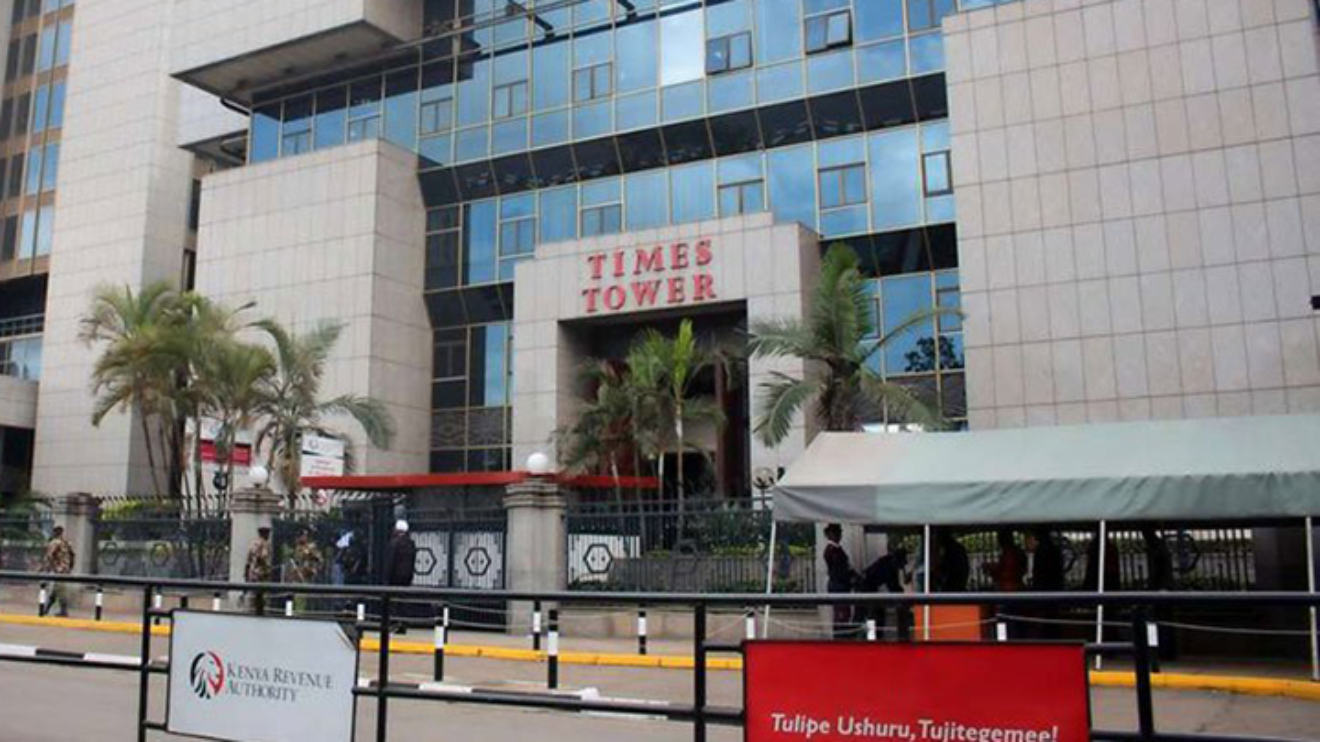Members of Parliament have rejected a government-backed proposal to transfer the authority to appoint Kenya Revenue Authority (KRA) deputy commissioners solely to the Commissioner General.
Instead, they have reinstated the KRA Board’s mandate to oversee the process, emphasising transparency and governance.
The controversial proposal was part of the KRA (Amendment) Bill (No.2), 2024, which sought to amend Section 13 of the KRA Act.
The Bill argued for centralising the power of appointing deputy commissioners with the Commissioner General, stating, “The commissioner general shall appoint such deputy commissioners as may be deemed necessary.”
However, the Finance Committee of the National Assembly, led by Molo MP Kimani Kuria, rejected this move, recommending that the board retain its role in approving appointments.
Read More
The committee highlighted the importance of maintaining oversight.
“The additional layer of oversight would ensure a transparent and accountable process in the selection of senior management, thereby strengthening the governance structure of the Kenya Revenue Authority," the committee stated.
The report tabled by the committee recognised the need for the Commissioner General to have a say in the appointments but insisted that the board's involvement was critical for proper governance.
“It would be important for the deputy commissioner to be appointed by the Commissioner General,” the report noted, adding that this would streamline KRA’s internal management structure and enable quicker decision-making.
Currently, the KRA Board holds the authority to appoint commissioners and deputy commissioners, while the Commissioner General can appoint other staff required for the organisation’s operations.
Although part of the top management, deputy commissioners attend board meetings without voting rights.
This decision preserves the KRA Board’s oversight role and underscores Parliament’s commitment to strengthening governance within public institutions.


-1756474472.jpg)



-1753733469.jpeg)


